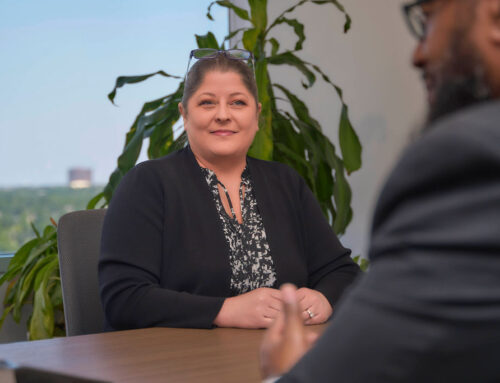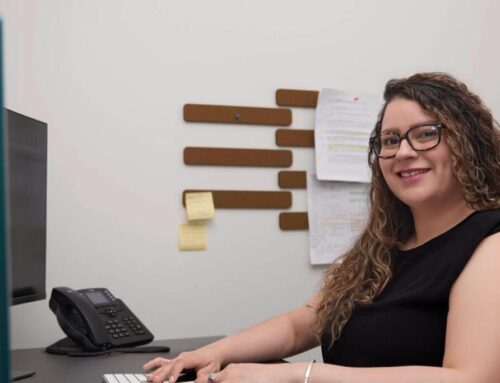When a loved one dies, and they own the home or other land, the taxing authorities are going to look to who they can send that tax bill to. If they send you the bill, should you pay it? You should pay it if you’ve been appointed the executor or administrator of the estate, or you have been deeded the property by the executor or administrator. Otherwise, the answer is probably “no”.
First, just because you are someone’s closest relative, doesn’t mean you owe their taxes. You only owe the property taxes if you want to maintain the property. Should you pay the property taxes because you anticipate owning the property? Usually, that’s not a good idea. You are paying the taxes risking that you may never get the benefit of what you’re paying for. If you don’t pay, won’t the taxing authority foreclose? They may – eventually – foreclose. Taxing authorities are not quick to seek forced sales of property to collect taxes. To rush to pay taxes when the taxing authorities aren’t even threatening a lawsuit may be very premature.
Second, if you are paying the taxes and you will only be a part owner of the property when the estate is completed, you are essentially loaning the other estate beneficiaries money hoping to get paid back. If the goal is to sell the property, the taxes will be paid upon sale, so do you need to advance those up front? Again, only if you are extremely concerned about the tax penalties or foreclosure.
At Pyke & Associates, we are often consulted by someone with a fractional interest in property that they have inherited from their long-dead ancestor. Unfortunately, the title has never been established in their name, even partially, through probate proceedings or elsewise. But one dutiful family member will pay the taxes hoping to get repaid someday, but over decades, the cost to fix title can exceed the value of the property itself. If you find yourself in this situation, you may just be the chump that is paying the property taxes for everyone else’s benefit. The tax man will eventually and always get paid, but it doesn’t have to be with your money. Please carefully consider the risk and rewards before you voluntarily pay taxes for property which you do not clearly and totally own.
This material has been prepared for informational purposes only, and is not intended to provide, and should not be relied on for, specific tax, legal or accounting advice. We can only give specific advice upon consulting directly with you and reviewing your exact situation.





